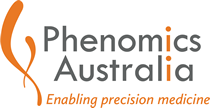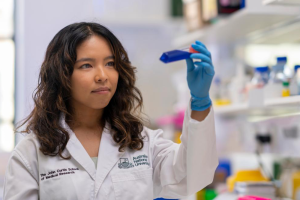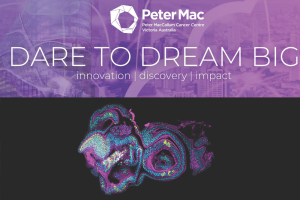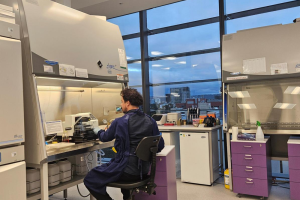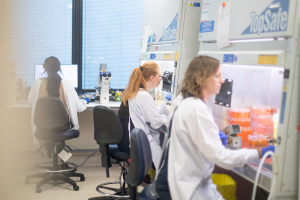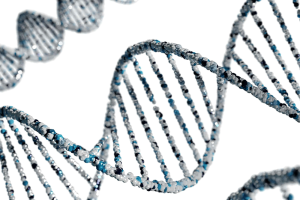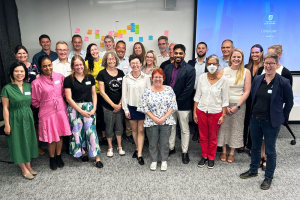We would like to introduce to you to A/Prof Amee George, member of the Phenomics Australia’s Scientific Directors team and Head of the ANU Centre for Therapeutic Discovery (ACTD) at the Australian National University.
Meet Amee
A/Prof Amee George is a Fellow and Group Leader in the Genome Sciences and Cancer Division, and Manager of the Phenomics Australia node at the ANU Centre for Therapeutic Discovery (ACTD), at the John Curtin School of Medical Research at The Australian National University in Canberra, Australia.
She obtained her PhD from the University of Melbourne in 2007, and during her career, developed a keen interest in high-throughput screening and the use of functional genomics-based approaches to investigate the molecular basis of disease, as well as identifying small molecule therapies for the treatment of disease.
Her postdoctoral appointments have included the examining how angiotensin receptor signalling hijacks growth factor receptor pathways and leads to aberrant cell growth, as well as investigating how perturbations in ribosome biogenesis lead to the activation of the nucleolar surveillance response, which is an important molecular mechanism underlying some diseases of the ribosome (ribosomopathies), in particular, the congenital bone marrow failure disorder Diamond Blackfan Anaemia (DBA) as well as cancer.
She has received funding from the Australian National Health and Medical Research Council (NHMRC), the Captain Courageous Foundation, Maddie Riewoldt’s Vision and Cancer Council ACT. Dr George has over 14 years’ experience in designing high-throughput screening assays and conducting high-throughput screens and with her role in the ACTD, works collaboratively with researchers to execute projects.

ACTD in action:
ANU Centre for Therapeutic Discovery (ACTD)
A state-of-the-art high-throughput screening facility for biomarker and therapeutic discovery, designed to suit a variety of different screening requirements. It is comprised of two separate workstations: a high throughput screening workstation and a high content/imaging workstation. Both of these workstations are equipped with robotic arms and liquid handling instruments that will allow researchers to perform a variety of different tasks on a large scale. Access to robotics to perform these tasks reduces the time it takes to undertake these large-scale experiments, thus significantly speeding up the target discovery process.
Services:
• Functional Genomics and High throughput screening
• In vitro Genome Engineering and Disease Modelling
